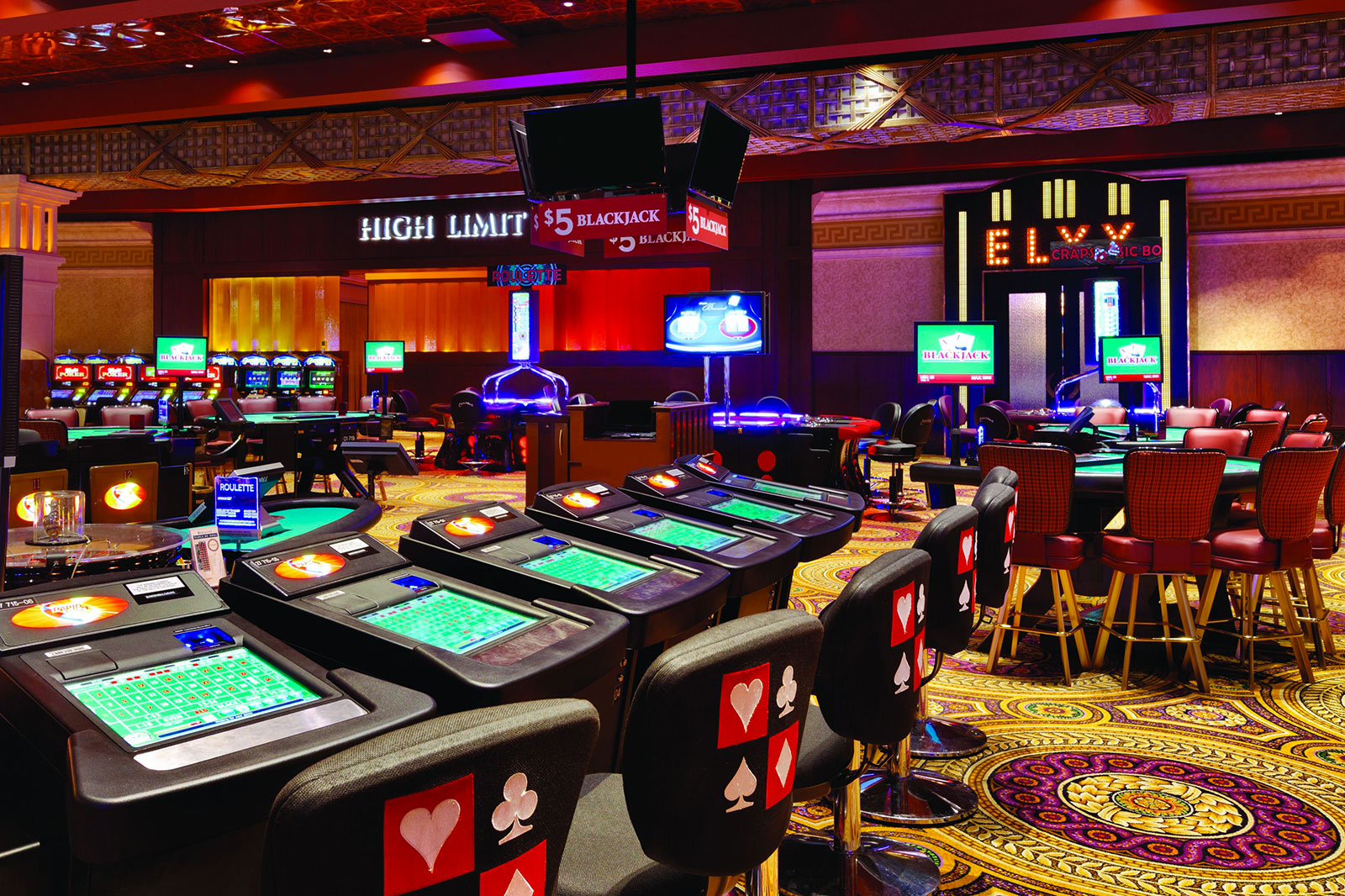Examining the Morality of Gambling Casinos

Casino gaming has long been a topic of fascination and debate, drawing in millions of players around the world. With a mix of luck, strategy, and the thrill of risk, casino games offer an exciting escape from everyday life. However, as entertainment becomes ever more available, it invites a deeper examination of the ethical implications surrounding these games.
At the heart of the discussion lies the issue of whether casinos promote responsible gaming or exploit at-risk individuals. The appeal of potential winnings versus the reality of losses can create a challenging situation, and understanding this balance is crucial for both players and operators. As we delve into the morals of casino gaming, we will explore the duties of casinos, the effects on society, and the steps that can be taken to foster a healthier gaming environment.
The Impact of Casino Gaming on Society
Gambling in casinos has a significant influence on the community, affecting not only the financial landscape but also social behaviors and community structures. The funds generated from casinos can lead to employment opportunities and boost local economies, as they provide multiple employment opportunities in multiple fields including hospitality, entertainment, and retail. However, while the economic advantages can be substantial, communities often grapple with the possible negative impacts that arise from higher gambling activity.
Moreover, the presence of casinos can lead to an rise in gambling addiction, presenting serious challenges for individuals and families. The thrill of casino games can quickly evolve into a habitual habit, affecting connections with others and leading to monetary issues. Many players may struggle with the loss of control over their gambling behaviors, resulting in a need for community support services and help to address this growing issue. The social cost of gambling addiction can extend through families and neighborhoods, creating an urgent need for responsible gaming initiatives.
In addition to the economic and social consequences, casino gaming often reflects cultural attitudes towards risk and leisure. It can encourage a sense of joy and leisure, attracting tourists and boosting tourism. However, this allure may also conceal the wider implications of gambling as a form of entertainment, provoking ethical questions about its advertisement and accessibility. As communities weigh the advantages and drawbacks of casino gaming, the need for sensible approaches and oversight becomes increasingly critical in ensuring that the positive aspects are enhanced while reducing the potential harms.
Moral Concerns in Betting Practices
The ethics of gambling operations often center around the risk for dependency and its consequences on people and households. Gambling can lead to serious monetary distress, impacting not only the gamblers but also their families. As individuals become entrapped in the appeal of winning, many lose track of their financial limits, which can result in catastrophic outcomes such as bankruptcy. This poses ethical questions about the duty of gambling establishments in promoting responsible gambling habits and offering support for those who may be struggling with betting addiction.
Another critical concern is the promotion of gambling to vulnerable groups. Casinos often target low-income individuals or neighborhoods with the promise of quick rewards, which can perpetuate patterns of poverty and hopelessness. In this situation, the ethics of advertising strategies used by gambling establishments come under examination, as they may exploit the desperation of individuals seeking an way out from economic troubles. This manipulation raises ethical questions about the integrity of the betting industry and its responsibility to safeguard its most at-risk patrons.
Additionally, the impact of gambling operations on society as a whole cannot be ignored. While some argue that casinos create jobs and boost local economies, others point to the community costs associated with problem gambling, increased criminal rates, and a burden on public services. Balancing financial advantages with the potential for community issues presents a challenging ethical dilemma for policymakers and gambling operators alike. The difficulty lies in discovering a ethical approach that takes into account the well-being of people and communities while still allowing for the pleasure of casino activities.
Regulation Framework and Obligations
The oversight structure related to casino games is developed to ensure fairness, honesty, and player safety. Various government bodies and casino commissions create and enforce regulations that dictate how casino activities function, the standards for product development, and the protocols for handling winnings. These regulations vary by locale but typically involve permit requirements for providers and rigorous measures to avoid fraud and dishonesty.
In furthermore to regulatory bodies, casino operators bear considerable responsibility in preserving principled standards within their facilities. They must implement responsible gaming practices that support participant safety and education, including offering self-limitation options and offering information about the risks associated with gambling. Establishments are also accountable for educating employees to recognize signs of compulsive betting and know the proper measures to help visitors in trouble.
Additionally, clarity in casino operations is crucial for earning and keeping public faith. Operators should present clear details about the chances of games, promotional opportunities, and any related hazards. wetten trotz OASIS sperre By creating an environment of transparency and accountability, operators can help lessen the potential harmful impact of betting while improving the complete gambling experience for all gamblers.
